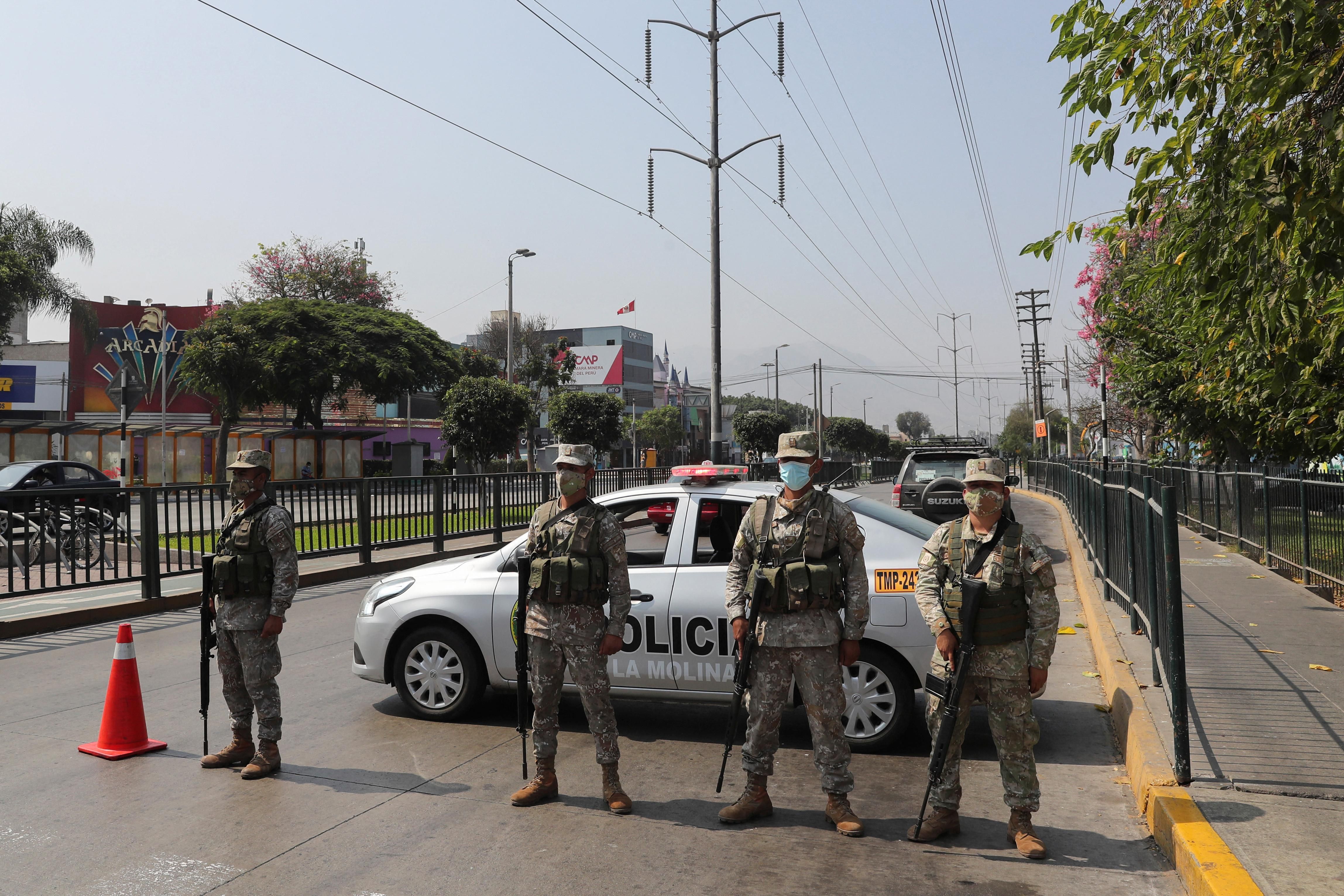Hard Numbers: Lima curfew, Hotel Rwanda hero’s jail term upheld, Chilean constitutional meh, Zambian prez rules for free
25: Peruvian President Pedro Castillo enforced a curfew in Lima Tuesday in an attempt to stop disgruntled Peruvians from protesting against soaring energy prices. Castillo, a leftist and former school teacher, has a nationwide approval rating of just 25%. What’s more, he recently survived his second impeachment attempt in just eight months.
25: A Rwandan court has upheld the 25-year prison sentence of Paul Rusesabagina, the Hotel Rwanda hero who saved Hutus and Tutsis in Kigali during the genocide in the early 1990s. President Paul Kagame claims that the charges are linked to Rusesabagina's support for rebel groups accused of coordinating attacks in southern Rwanda in 2018. But supporters of Rusesabagina say that the arrest was retaliation for his public criticism of Kagame.
46: As Chile’s constitutional assembly moves to rewrite the Pinochet-era text, some 46% of Chileans say they’ll vote against the new constitution when it faces a referendum this year, according to a new poll. Initial optimism has faded as the group has moved to make unpopular changes to pension funds and Chilean property rights.
8: Zambian President Hakainde Hichilema has reportedly gone eight months without receiving a presidential salary. Hichilema, who served in the opposition for 15 years before winning the top job in 2021, says he was never motivated by money. Some see it as a humane gesture amid tough economic times, but some critics think the millionaire politician is doing it all for show.